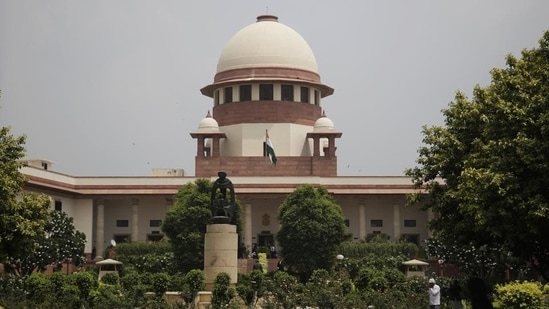Supreme Court Rules on Lottery Taxation Authority
The Supreme Court of India recently made ruling regarding the taxation of lottery distributors. This decision clarifies the authority of state governments versus the central government in levying taxes on lotteries. The ruling specifically states that only state governments have the power to impose taxes on activities related to the promotion and organisation of lotteries. This judgement stems from a 2012 Sikkim High Court verdict that has now been upheld.
Background of the Case
- The case originated from appeals filed by the Union government against a Sikkim High Court ruling.
- The High Court had declared a 2010 amendment to the Finance Act unconstitutional.
- This amendment sought to impose a service tax on activities related to lotteries, including promotion and marketing.
- The High Court ruled that Parliament lacked the jurisdiction to impose such taxes under its residuary powers.
Supreme Court’s Findings
- The Supreme Court stated that the relationship between lottery distributors and state lotteries is akin to a buyer-seller relationship rather than a principal-agent relationship.
- The court stated that lottery schemes are classified as betting and gambling activities, which fall under Entry 62 of List II in the Constitution.
Legislative Authority
The ruling emphasised the distinct roles of the Centre and the states in taxation matters. The Supreme Court clarified that while Parliament has the authority to levy service taxes under Entry 97 of List I, this does not extend to lotteries. The court told that the power to tax lotteries is exclusively reserved for state legislatures, as outlined in Entry 62 of List II.
Implications of the Ruling
This judgement has implications for lottery distributors and the state governments. It affirms that only state governments can impose taxes on lottery-related activities. This decision provides clarity and stability in the regulatory framework governing lotteries in India. It also reinforces the division of powers between the Centre and the states regarding taxation.
Future Considerations
The ruling may prompt state governments to reassess their taxation policies on lotteries. It may also influence how lottery distributors operate within the legal framework. As the landscape of gambling and lotteries continues to evolve, further legal challenges may arise regarding taxation and regulation.
Month: Current Affairs - February, 2025
Category: Legal & Constitution Current Affairs






